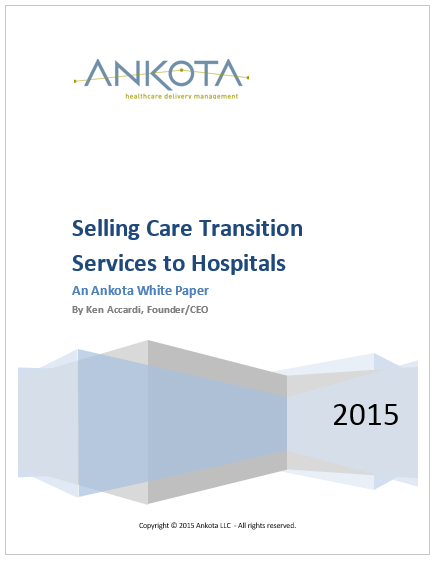Today's guest post comes from Dixie Somers, a freelance writer from Arizona. Please enjoy Dixie's article.
To operate a successful medical institution, healthcare administrators are required to keep accurate and meticulous financial records. However, economic challenges often make it harder for healthcare administrators to effectively meet the hospitals financial obligations. The following tips can assist a healthcare administrator in effectively operating a health center.
Have Clear Guidelines
Healthcare administrators should advise the hospital staff to be keen on checking the patients’ insurance eligibility before each visit. While hospitals have different policies on evaluating their patients’ insurance, it is advisable to make sure that a patient’s insurance information is always updated. Furthermore, you can ensure that non-insured patients are advised to always have a form of payment when coming for their appointment. Make certain that all the financial policies are communicated clearly to the patients so that they are not caught off guard.
Updated Records
In a busy medical establishment, it is easy to overlook some minor details in the records. For instance, medical equipment that is no longer in use should be removed from the hospital and also clearly indicated on the records to avoid paying unnecessary insurance. Thankfully, electronic records are much easier to manage than they used to be.
Staff Turnover
Those with a PhD in nursing know that staff turnover can have negative impact on a medical institution. It takes a lot of resources and time to train new employees. Therefore, it is better to address underlying issues within the organization and seek effective solutions.
Easy Payment
To efficiently operate a healthcare center, you must adopt various forms of payment methods. For instance, patients should have the option of using credit, debit, or cash payments for their appointment. To avoid delays and inconveniences, make sure that the medical facility accommodates variety forms of payment methods. Patients will opt to go an institution that has no limitations in terms of payment methods. The payment options can be communicated to the patients prior to their appointment.
.jpg?width=320&name=5%20Finance%20Tips%20for%20Healthcare%20Administrators%20(1).jpg) Avoid Outstanding Balances
Avoid Outstanding Balances
For a healthcare to operate smoothly, there has to be sufficient cash flow. In most cases, the major cause of limited or inadequate cash flow is unpaid patient fees. For this reason, it is important to ensure that your patients’ insurance premiums are fully paid. In case of outstanding balances, you can give the patients a grace period of a few days to clear he debt. Most importantly, communicate to the patients the importance of paying up their medical insurance.
Conclusion
As a healthcare administrator, you should ensure that you clearly communicate the hospitals financial policies to all the relevant parties. Perhaps the most important policy is financial regulations. It is important for the staff of the hospital to understand the financial policies so that they can clearly communicate it to the patients.
------
One of Ankota's recent whitepapers, entitled "Selling Care Transition Services to Hospitals" is available for download and we think you'll find it useful. Please click the link or the picture below to download. If you're interested in scheduling an online demo of our home care or care transitions software solutions, just click this button:
Ankota provides software to improve the delivery of care outside the hospital, focusing on efficiency and care coordination. Ankota's primary focus is on Care Transitions for Readmission avoidance and on management of Private Duty non-medical home care. To learn more, please visit www.ankota.com or contact us.


 Spotify
Spotify  Pandora
Pandora  YouTube
YouTube 


Your Comments :